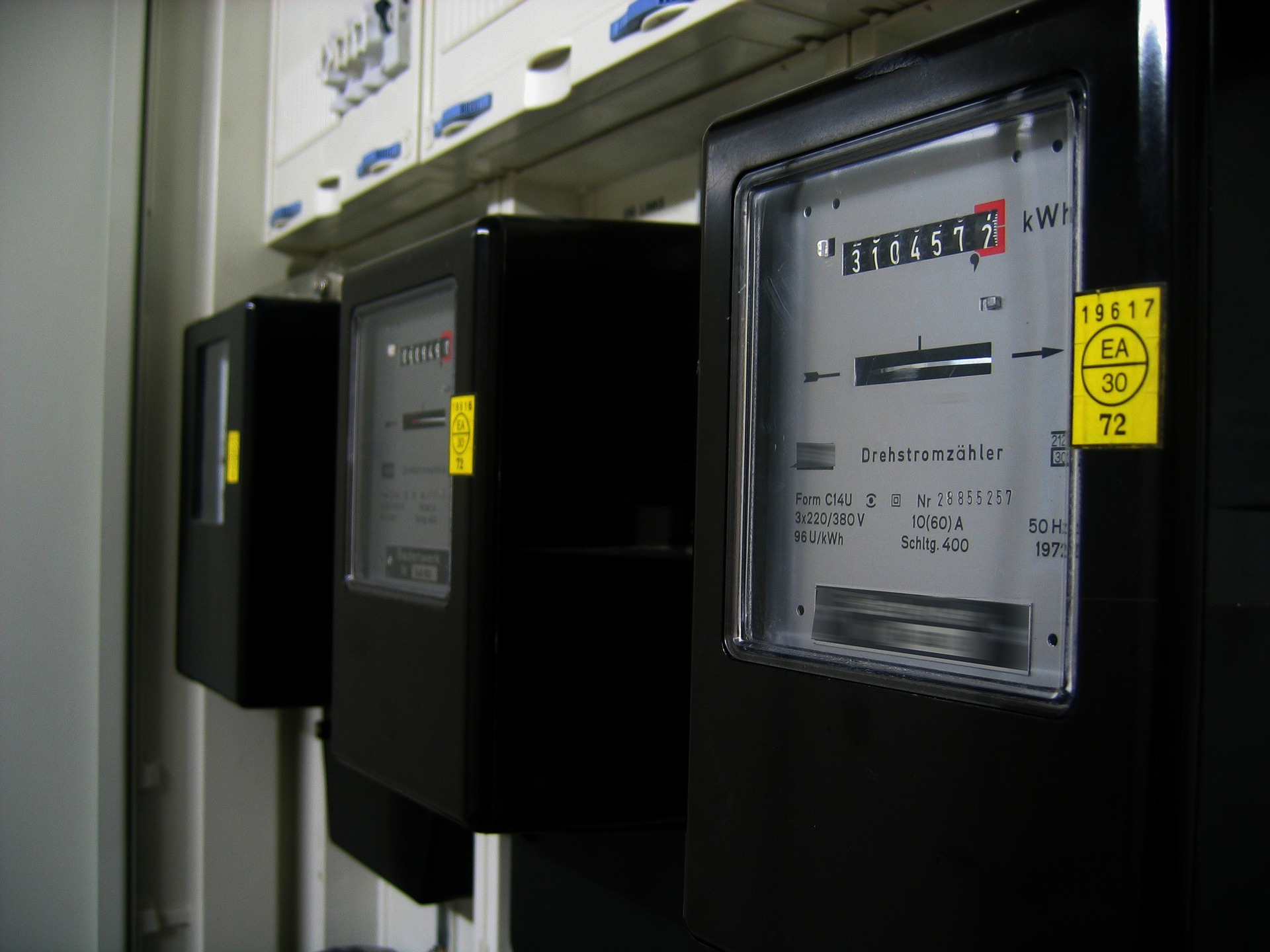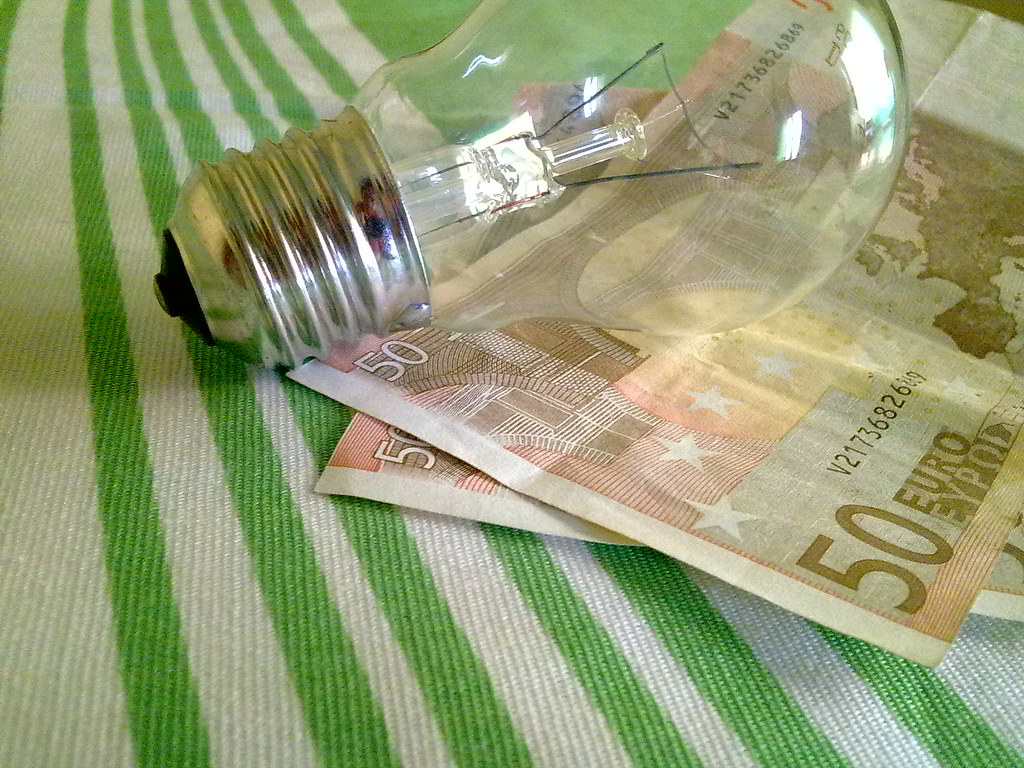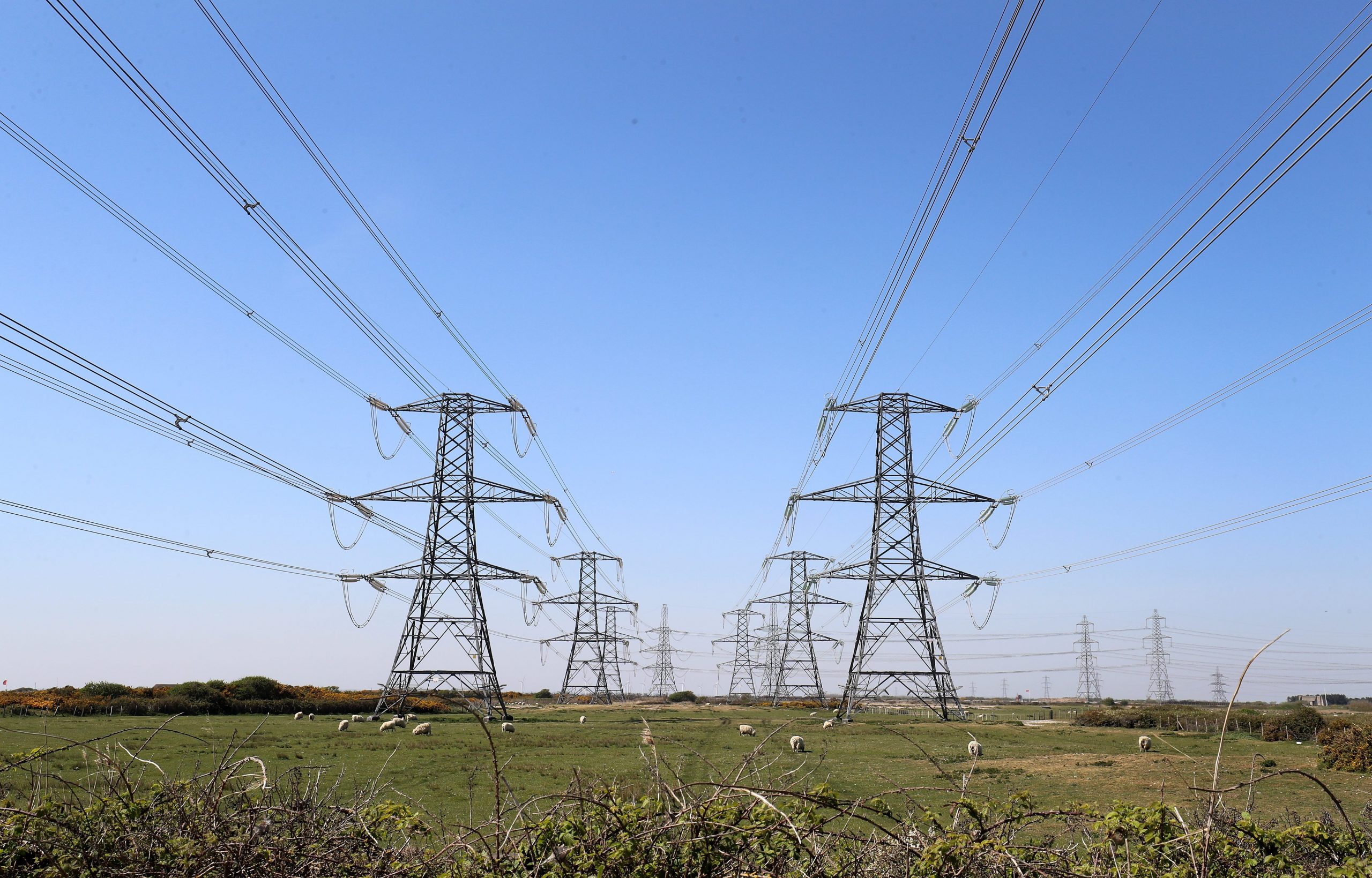ELECTRICITY prices have jumped to their highest level in nearly two decades, with the average megawatt per hour costing over €100 today.
It means today’s cost of using electricity in Spain is now the second most expensive daily average price in the country’s history.
The most expensive day in history for electricity in Spain was in January 2002 when a megawatt cost €103.76 per hour.
A megawatt hour is currently averaging at €101 today — its highest rate since July 2 when it stood at €99.8 an hour.
Reasons for the soaring prices include an increase in demand – as this time last year Spain was in lockdown with many businesses closed – escalating gas prices and an increase in cost for CO2 emissions.
In addition, experts have highlighted a series of problems with the French nuclear power system, which has led to a surge in activity and impacted the global European market.
Electricity is usually cheaper during these months due to the production of renewable energy sources and the general weather conditions, which do not require vast outgoings on heating or air conditioning.
Not so this year, however, as daily market prices have skyrocketed from €17.65 per megawatt per hour in 2020 to €101 today.
As reported previously by The Olive Press, electricity is now much more expensive from 10am to 2pm, and then again from 6pm to 10pm, Monday to Friday. Average rates are now applied from 8am to 10am, 2pm to 6pm, and 10pm to midnight, Monday to Friday.
Both providers and the Spanish government insist that the aim of the new ‘peak’, ‘low’ and ‘average’ rates at different times of the day is to alleviate pressure on the grid by encouraging consumers to use more power at off-peak times, thus also reducing reliance on back-up generators that burn natural gas to produce electricity and, as such, generate large amounts of CO2.
However, angry customers are complaining that the time periods set out by the boards are unrealistic and impossible to follow.

In other words, the busiest times are now the most expensive, coinciding with when most people are at home cooking meals, using the washing machine and dishwasher and, once the summer kicks in, turning on the air conditioning.
Consumers are therefore advised to restrict their use of these devices to the weekend or outside peak times, where possible, to avoid nasty surprises at the end of the month.

Experts reveal that the government first had the idea of introducing the new bill two years ago, and it is simply ‘bad timing’ that it has coincided with an increase in the cost of electricity due to a surge in demand as a result of the post-coronavirus economic recovery, and a four-fold rise in global gas prices.
For more information visit www.facua.org and www.tarifaluzhora.es
READ MORE:
- How to save money on your monthly electricity bills under Spain’s new tariffs from June 1
- POWER PRICE HIKE: April electricity bill in Spain is most expensive ever
Click here to read more Spain News from The Olive Press.








